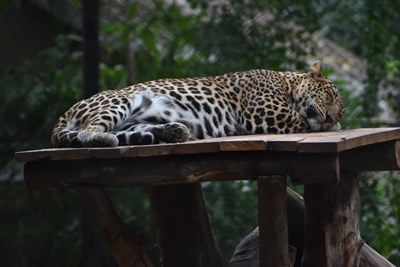Hanging Out at 72
The frigid temperatures after Christmas here in Washington got me thinking about that sweet spot of 72°. How cozy it feels inside when the cold wind is blowing outside and how delightful the blue-skied spring days at that temperature can be. For many people, 72 degrees is the comfort zone. When we’re comfortable, we tend to relish where we are. Most of us like to hang out at 72, as it were.
Neale Donald Walsch, observed, “Life begins at the end of your comfort zone.” The quote spoke to me at such a level that a small sign has been a constant in my office for nearly a decade. It inspired me to go on a hot air balloon ride on my 50th birthday and take spiritual journeys to India, South Africa and Nepal. The biggest leap was moving from North Carolina to Washington to lead Soul Seeds because I believed in our work that deeply …still, a significant shift out of my comfort zone. All the experiences were life-expanding, for sure!
It’s January, but this edition isn’t about New Year’s resolutions or diets or becoming a “better you.” Rather, it is about considering societal comfort zones. For example, the things we choose not to talk about or hear from a friend, family member, or colleague about their life experiences – simply because it would prod our own comfort zone.
I was reading a 2017 report about Healing Justice, recommended by Toska Olson who is on the faculty of The Evergreen State College; she is also one of our dedicated volunteers. The report is from Susan Raffo, “a bodyworker, cultural worker and writer,” based on her interviews with healers who are Indigenous and people of color. They spoke about building healing work into organizational infrastructures – why it matters and what can be done.

To me, the poetry and the power of the report is not only in its diverse, insightful voices but also in the fact that its structure allows for – even insists – you as the reader take time to pause, contemplate, and care for yourself. (You can read the full report here.) Healing justice has many definitions but at its core, it’s about “how to holistically respond to and intervene on generational trauma and violence, and to bring collective practices that can impact and transform the consequences of oppression on our bodies, hearts and minds.” Please don’t stop reading here, I know it’s a tough subject. Nudge your comfort zone just a little. There are opportunities for mutual growth when we embrace the conceptual framework that deep pain requires deep, intentional healing practices for individuals and communities.
While the idea of healing justice resonates deeply with the work of Soul Seeds, I believe we all can find resonance with many of the observations in the report and find points of motivation.
- “Healing, even when it is in support of a single person, must work to reconnect the individual to a wider community.”
- “Healing is a practice that is strongest if built into the everyday of where and how we work and live … We start from where we are. We start from where our community is. And we remember that we were each hurt and have survived.”
- “Healing, at its core, is about slowing down so that we can better listen, to ourselves and each other.”
We got a lesson in slowing down and listening when we spoke to Jain, the therapist at the HYPE Center. She said that some of the young people were a little “freaked out” by our sessions because they thought we could see them – really, really see them, which was worrisome because they felt we could “see all the bad things they had done and what bad had been done to them.” We can see them, but in their purest form – we see their light. It was a reminder to not only hold a space of healing and acceptance but also the importance of being intentional about meeting them right where they are so that they may begin to see their light too. We are learning about how to best work with the youth, shifting our practices to respond more fully. Yes, moving out of our comfort zones!
Brush aside the winter doldrums and decide to take at least one step out of your comfort zone. You get to define the zone-bending action(s). It doesn’t have to be a grand gesture or big adventure. Just don’t get stuck at 72!

Melanie Davis-Jones (she/her/hers)
Executive Director
In Case You Missed It:
2022: The Year of the Healer | Blog by founder Nancy Rebecca
Resources:
MLK Day, January 17 | “As our nation continues to grapple with a global pandemic, racial injustice and political polarization, this year’s theme is ‘It Starts with Me: Shifting Priorities to Create the Beloved Community’ to ensure the freedoms and liberties for future generations.“
January is National Slavery and Human Trafficking Prevention Month. Learn more.
January is also National Blood Donor Month, which “recognizes the lifesaving contribution of blood and platelet donors. It coincides with one of the most difficult times to maintain a sufficient blood supply for patients.”
Leave a Reply